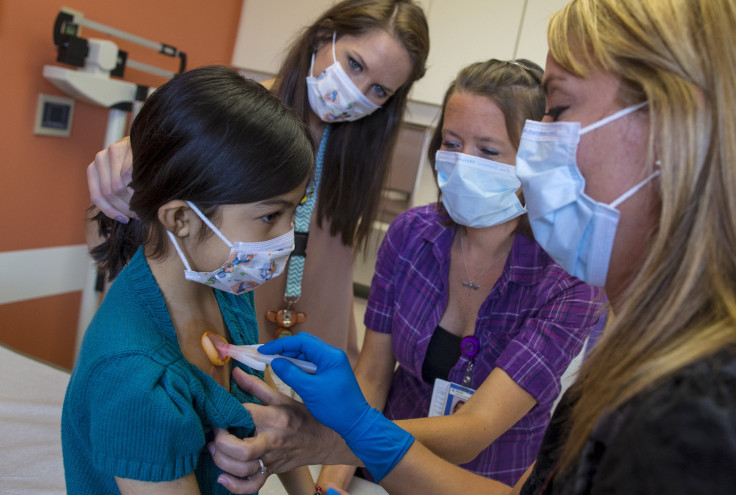Why Are Children Better at Fighting COVID-19?

There are many physical differences between children and adults. That is as true for things we can see, like height and facial hair, as it is for things we can’t, like the immune system.
Although some children have contracted COVID-19, many fare better than adults who get the virus. The reason is that a child’s immune system may respond sooner to the SARS-CoV-2 virus that causes the disease, thus avoiding the respiratory problems that can come later, according to a study by researchers at Albert Einstein College of Medicine in New York City, Children’s Hospital at Montefiore (CHAM) in New York, and Yale University in New Haven, Connecticut.
Children’s immune systems seem to have a better early immune response to the virus, while adults have a better later response. And that good initial immune response might be enough to avoid the respiratory distress that comes later, said researchers.
Children also are less likely to overreact to the virus, although the reasons are not clear. It is that overreaction, more common in adults, that leads to trouble breathing and can put someone on ventilator.
“The suggestion is that kids have a more robust, earlier innate immune response to the virus, which may protect them from progressing to severe pulmonary disease,” said co-lead author Betsy Herold, MD, chief of pediatric infectious diseases at Einstein and CHAM, in a press release.
The study compared 60 adults COVID-19 patients and 65 pediatric COVID-19 patients.
The immune system operates at two levels: It starts out early like an army to try to beat the infection blindly, and later acts like a special forces to go after specific pathogens.
How does this work? Cytokines, immune molecules, are some of the body’s proteins and messengers that signal to the body how strong to make the immune response. Too many cytokines can create an overly strong response, the “overreaction” that can damage the body.
The study found that children consistently had more of two molecules than adults, interleukin 17A (IL-17A), which gets the immune system going, and interferon gamma (INF-g), whic tries to slow down the spread of the virus.
“To our surprise, we found these particular serum cytokines were at higher levels in children than adults,” said Kevan Herold, MD, one of the coauthors and professor of immunology at Yale, in the press release.
The researchers hope that with this knowledge, they can focus on helping the adult immune system respond more like that of a child’s, to better combat the COVID-19 virus.



























